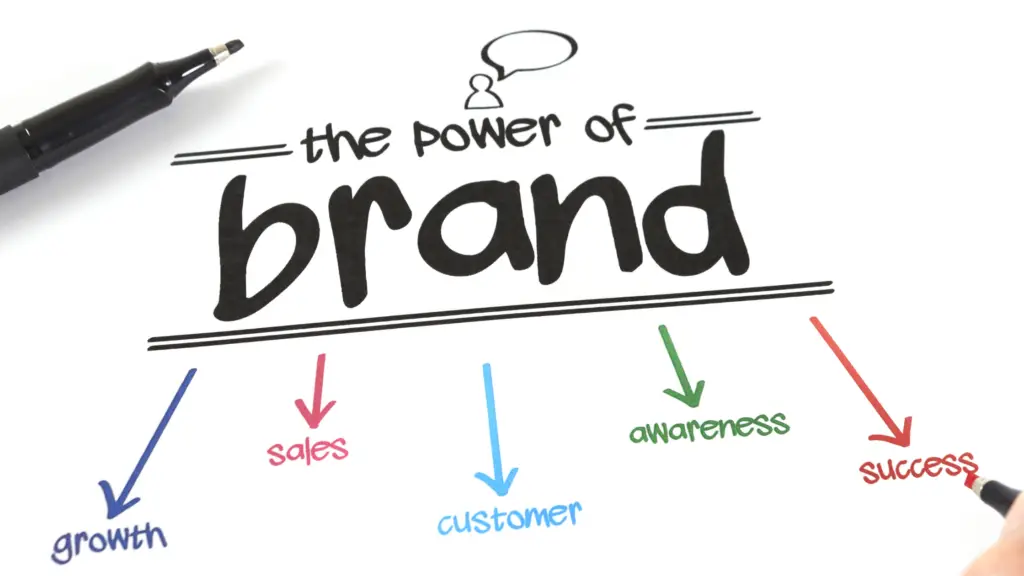In today’s competitive corporate landscape, personal branding isn’t a luxury; it’s a necessity. While corporations have long understood the power of brand identity, individuals are increasingly realizing its importance. Especially for corporate leaders, personal branding has transcended from being a ‘nice-to-have’ to a ‘must-have.’ This article will dive deep into why personal branding is crucial for corporate leaders and offer actionable steps to build and maintain a powerful personal brand.
The Importance of Personal Branding
Credibility and Trust
Warren Buffet once said, “It takes 20 years to build a reputation and five minutes to ruin it.” This holds exceptionally true in corporate settings, where your reputation often precedes you. A strong personal brand amplifies your credibility and helps establish trust among your peers, subordinates, and industry counterparts.
Influence and Impact
A well-defined personal brand can exponentially increase your sphere of influence. People will listen to you, follow you, and commit to your vision when they believe in your brand. This level of impact is especially important for corporate leaders aiming to inspire teams and drive performance.
Career Advancement
Personal branding is like an investment in your career. As you climb the corporate ladder, a compelling personal brand can open doors that might otherwise remain closed.
Differentiation in a Saturated Market
In today’s world, standing out is more important than fitting in. Your personal brand is your unique value proposition that sets you apart from other leaders in your field.
Steps to Build and Maintain a Personal Brand
Self-Assessment
Understanding your strengths and weaknesses is the cornerstone of personal branding. Conduct a SWOT analysis focused on your leadership qualities. Seek external input through 360-degree feedback sessions.
Define Your Unique Value Proposition
As a leader, what makes you different? Is it your ability to solve complex problems, your knack for nurturing young talent, or perhaps your vision for sustainable growth? Once you’ve nailed this down, your unique value proposition will become the cornerstone of your personal brand.
Consistency is Key
Consistency in messaging and actions builds trust. Make sure all your communications, whether it’s a tweet, a LinkedIn article, or a company-wide memo, reflect your brand values and attributes.
Engage with Your Audience
Effective leaders don’t just dictate; they engage. Utilize social media platforms, company blogs, and even industry events to engage with your audience. Share valuable insights, and industry trends, and always encourage dialogue.
Be Authentic
People are good at recognizing a façade. Authenticity builds trust faster than any number of carefully crafted messages.
Keep Learning and Evolving
The corporate world is not static; it’s dynamic. Always look for opportunities to learn and evolve your brand with new skills, insights, and experiences.
Maintaining Your Brand
Regular Audits
Set aside time every quarter to audit your personal brand. Are you consistent with your message? Are you engaging enough? Make adjustments as needed.
Crisis Management
No one is impervious to mistakes or unforeseen events. When your brand does take a hit, swift, and transparent action can mitigate the damage and can even offer an opportunity to reinforce your brand’s core values.
Professional Development
Participate in workshops, leadership programs, and even higher studies to add value to your brand. Remember, your personal brand is a reflection of your professional trajectory.
Conclusion
In conclusion, personal branding for corporate leaders is no longer optional; it’s a critical element for long-term career success and influence. Corporate giants like Elon Musk and Indra Nooyi are a testament to the immense power of personal branding. So start investing in your personal brand today. The returns, both tangible and intangible, will be worth the effort and time.



